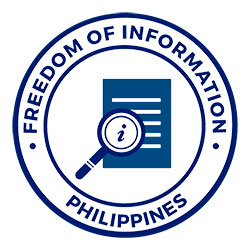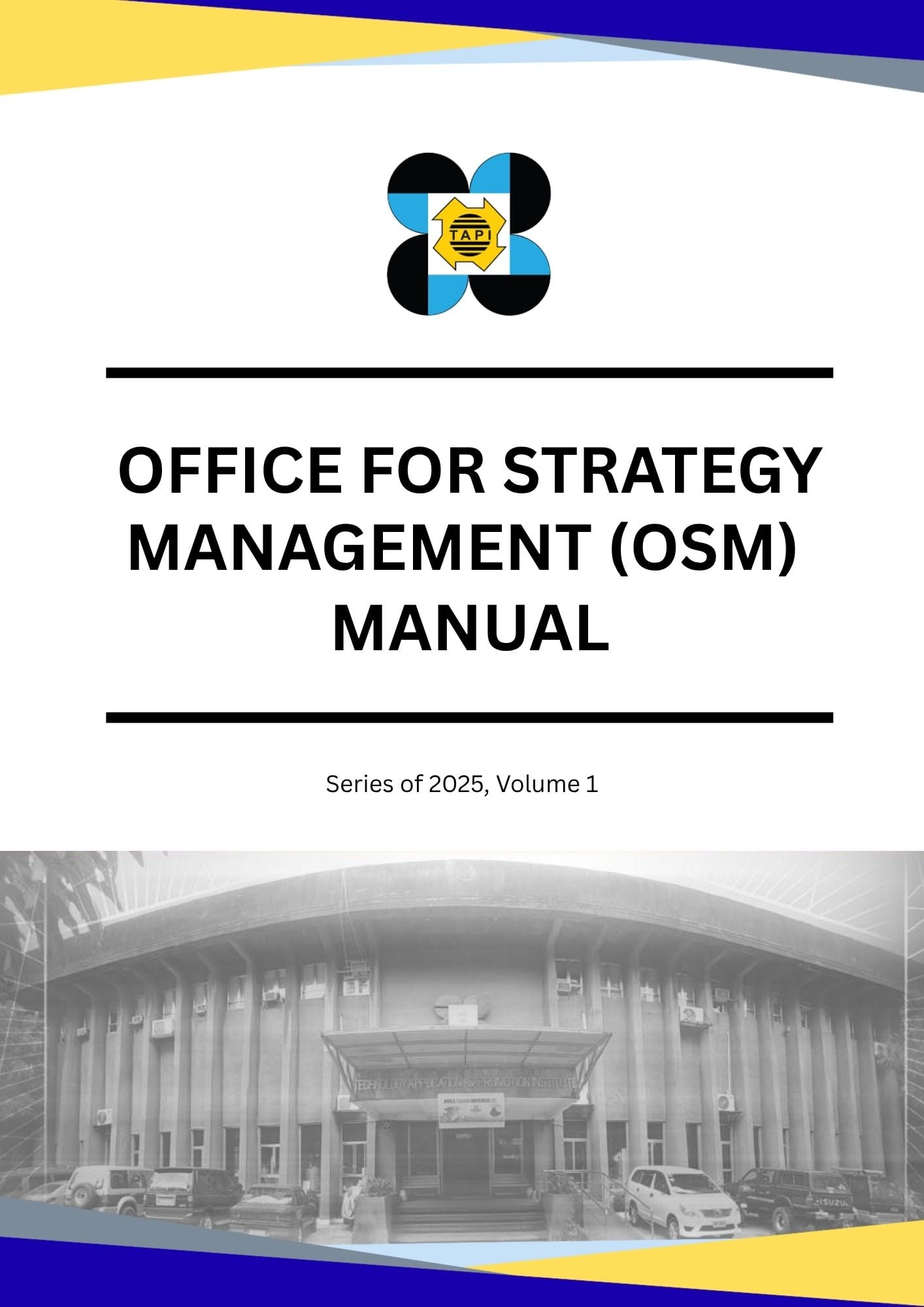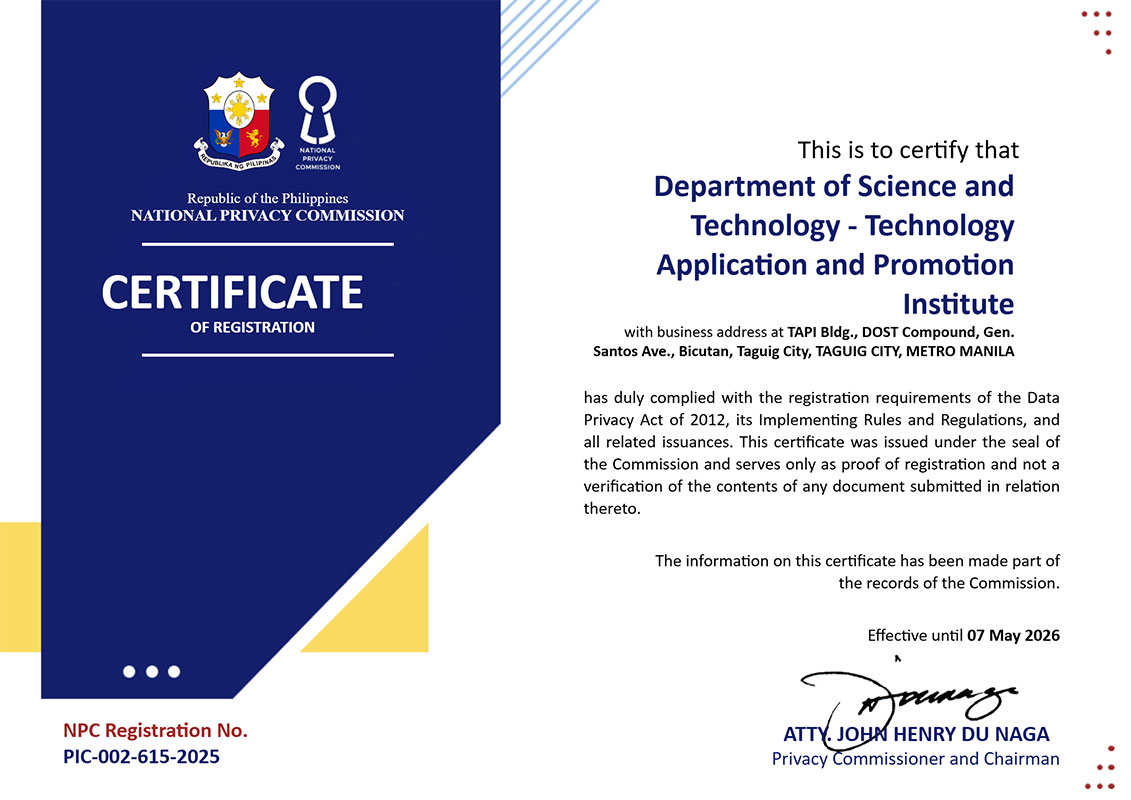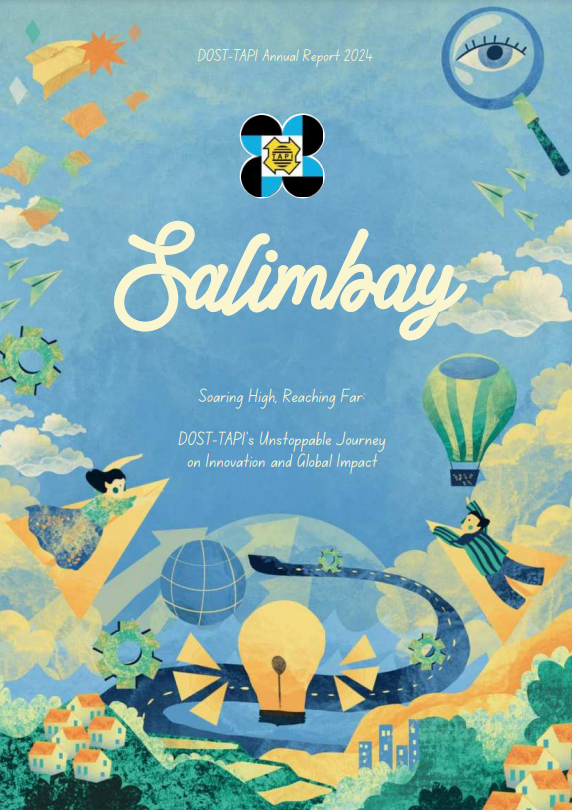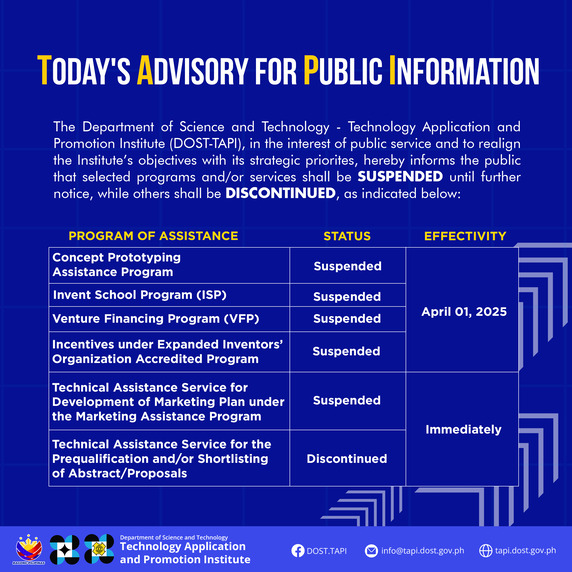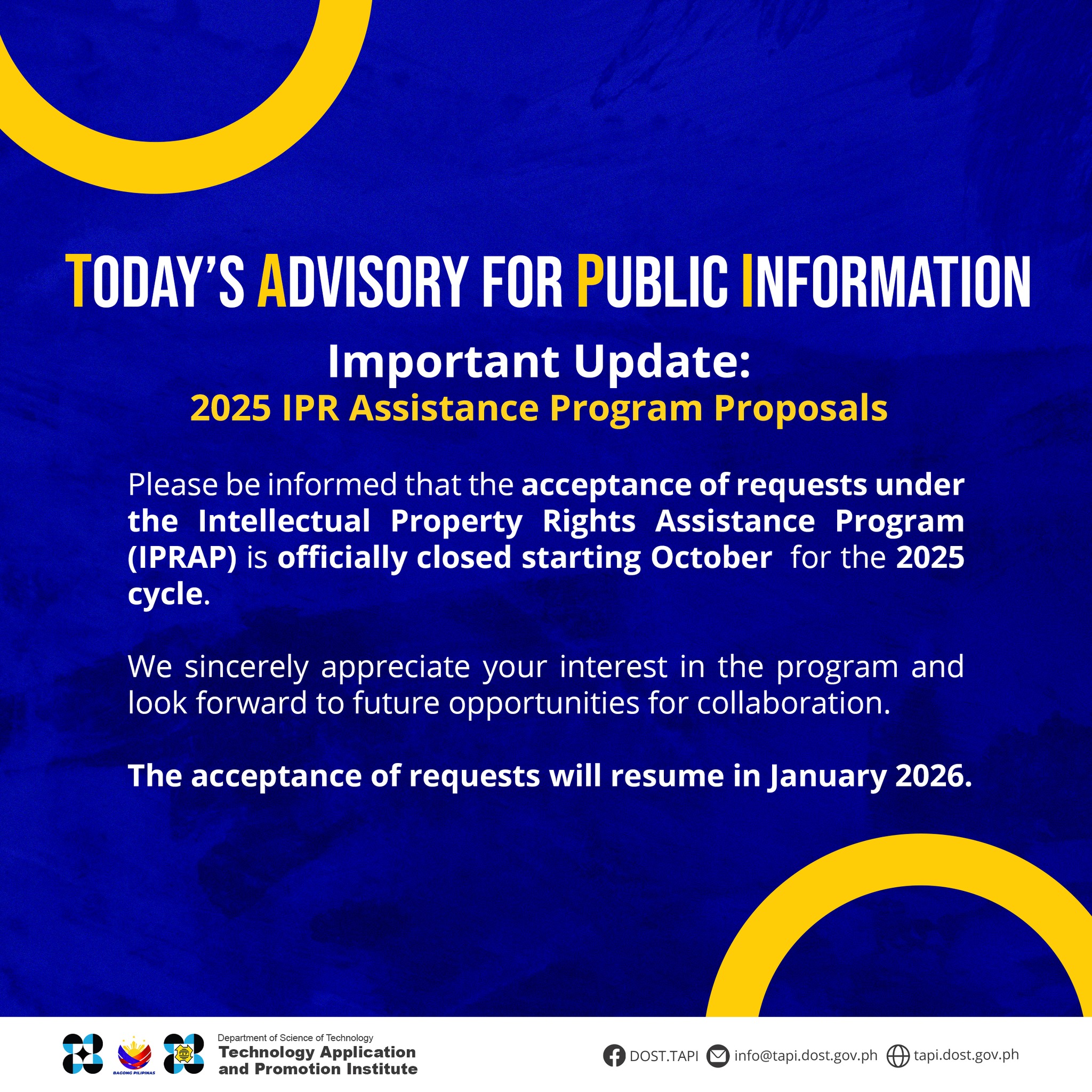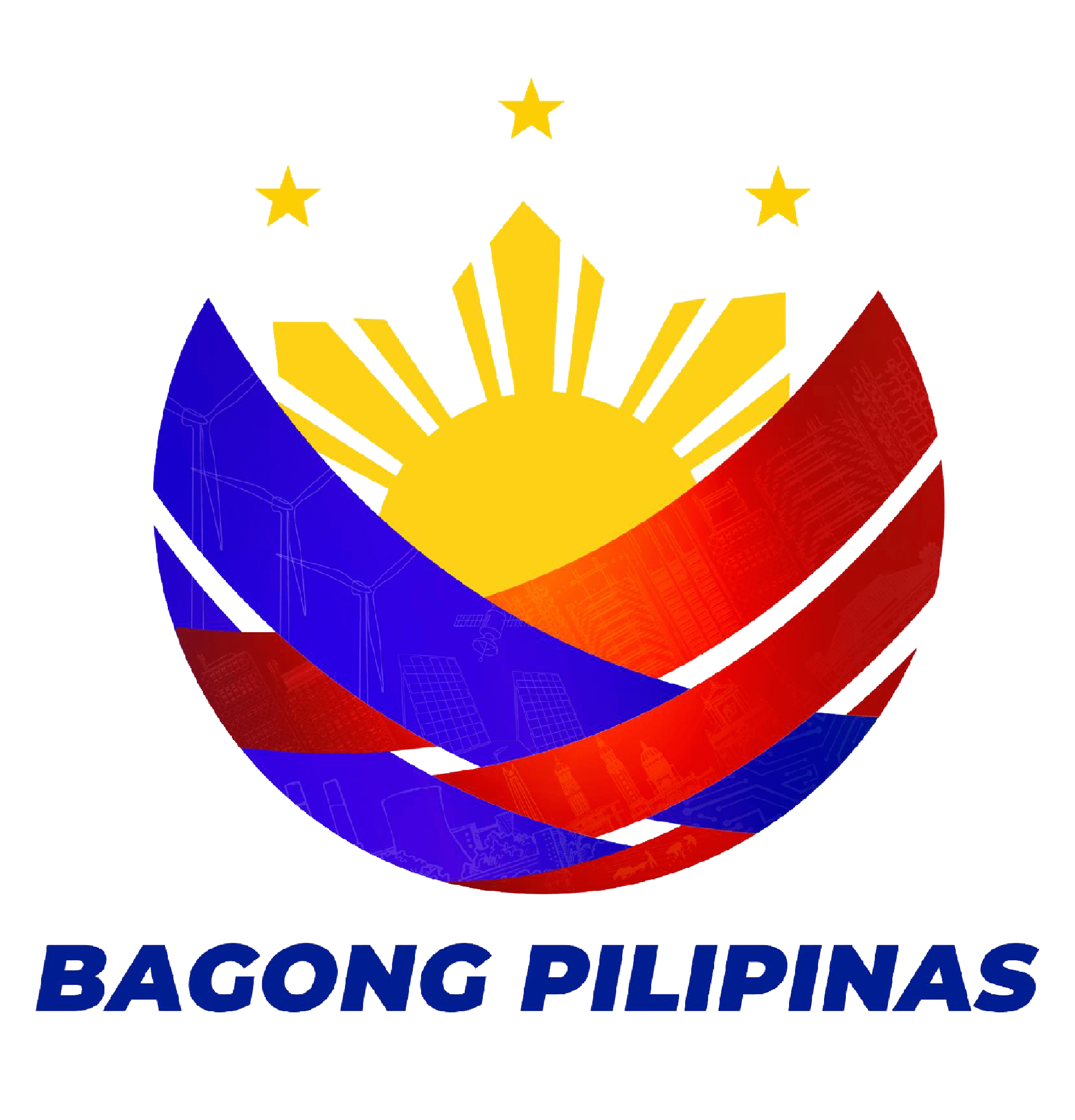STRENGTHENING PARTNERSHIPS FOR FILIPINO INNOVATORS (From left to right) Mr. Romeo Javate, Division Chief of the DOST-TAPI Investment and Business Operations Division (IBOD); Atty. Marion Ivy Decena, CESO III, DOST-TAPI Director; Ma. Lynette V. Ortiz, President & CEO of Landbank of the Philippines, and Celeste A. Burgos, Executive Vice President for the National Development Lending Sector of Landbank of the Philippines, during the Memorandum of Agreement signing for the relaunch of the i-TECH Lending Program on July 15, 2025, at Okada Manila, Philippines.
Manila, Philippines — Several programs by the Department of Science and Technology - Technology Application and Promotion Institute (DOST-TAPI) aim to help in addressing concerns on financial and time constraints in patenting and commercialization technologies by Filipino inventors.
During the “PHILIPPiNEXT” held last July 14-16, 2025, at Okada, Manila, these concerns were raised, stressing how these technologies developed by Filipino inventors could have been used to address issues related to the climate crisis.
“There is also the tedious process of applying for intellectual property protection that inventors and innovators have to go through in order to be formally recognized. With such great investment of our inventors and innovators, the desire to commercialize a technology, or bring the solution to its intended users, becomes even greater,” DOST-TAPI Director Atty. Marion Ivy Decena said in her speech.
But what are the challenges faced by Filipinos innovators worldwide, and how can DOST-TAPI help in addressing these concerns?
FACING CHALLENGES HEAD ON
With the challenges in developing technologies, Karisma LLC managing partner Gene Kim shows how some inventors tend to back out.
Kim stressed IP registration issues fragmented and lengthened the steps towards possible solutions to address the climate crisis.
“The biggest issue that you have is the level of fragmentation, especially in climate solutions, which are very broad. Because you have policy issues, you have government issues, you have private issues, you have finance issues, you have all these issues that are, you know, kind of different, depending on where you are in the region and where you are in countries,” Kim said.
OFFERED SOLUTIONS
DOST-TAPI has different ways of addressing the concerns of Filipino innovators and inventors with their technologies.
Among them is the Intellectual Property Rights Assistance Program (IPRAP), which provides assistance in patent consultation and grants for the payment of patent agents’ and IP officers’ fees.
The program provides advisory, technical, and financial services in securing intellectual property (IP) protection from the Intellectual Property Office of the Philippines (IPOPHL).
It offers a holistic package of assistance for patent, utility model, industrial design, copyright, and trademark applications for private male and female individual inventors, various institutions, researchers with privately funded R&D, and technologies developed or funded by the Department of Science and Technology (DOST) or any of its attached agencies.
“The commercialization of intellectual properties stands as a monumental undertaking, accompanied by complexities and challenges. It is a process that requires various sectors and industries, thus requiring a collaborative spirit. From the initial stages of research and development to the final phases of market penetration, successful intellectual property commercialization demands a synergistic approach, weaving together the expertise of tech generators, legal professionals, business strategists, marketers, and financial institutions,” Director Decena said.
“The journey from innovation to widespread adoption highlights that shared vision and coordinated effort are not merely beneficial, but essential for transforming intellectual assets into tangible economic and societal impact,” she added.
Hoping to encourage Filipino innovators, DOST launched the LANDBANK-TAPI Innovation and Technology (i-TECH) lending program, a zero-percent interest rate financial support for the commercialization of patented inventions.
“Together, we are committed to empowering Filipino inventors, innovators, and entrepreneurs. By providing them with the necessary support and opportunities, we aim to strengthen their impact on the nation's economic growth and global competitiveness. This strategic alliance with PEZA and the LBP underscores our shared vision for a thriving innovation ecosystem in the Philippines, where local ingenuity can flourish and attract crucial investment, ultimately benefiting the entire economy,” Director Decena said.
“We aspire to see Filipino-developed technologies and products widely adopted in both the local and the global markets. This vision encompasses all creations, from large-scale industrial solutions to small-scale consumer products, aiming for ‘Made in the Philippines’ to signify quality, ingenuity, and our nation's technological and entrepreneurial spirit,” she added.
You can also check other programs and services that DOST-TAPI can offer here.
WHAT’S NEXT
Having intellectual property rights also leads to safety and protection in the commercialization of technologies that can help in addressing the climate crisis.
Dr. Anil Wali, CEO of BioCyTiH Foundation, Birla Institute of Technology and Science, along with Dr. Mercedita Castro Agcaoili-Sombilla, the director of Southeast Asian Regional Center for Graduate Study and Research in Agriculture (SEARCA, discussed how bridging academia and industry can help to commercialize climate resilience research into market-ready solutions.
Asia and Pacific Centre for Transfer of Technology Head Preeti Soni also urged authorities to work with the innovators as they build a better tomorrow.
“There is a lot of innovation going on which can help in addressing climate change to take climate action and bring climate resilience but there are barriers of data, of accessibility to IP methods, as well as the technologies, as well as the institutionally frameworks, to apply for IP patents, and also to skill them up,” Soni said.
“So what we need is infrastructure, an enabling environment, so that the IP assets can be commercialized, scaled up for a global group. And there we need to balance between the private interests, as well as a global interest, so that we can, you know, also address sustainable development goals in the long run,” she added.
“It should be national actions, it should be local actions, capacity building, of the stakeholders, so that they understand what the issues are, what the opportunities are, and what way to go.”
The “PHILIPPiNEXT: 1st International Conference and Exposition on Innovations” concluded on July 16 with an international dialogue among delegates from India, Indonesia, South Korea, Malaysia, Singapore, and the Philippines, discussing how they can collaborate on addressing concerns and developing solutions to address their concerns in their respective communities.
If you want to learn more about the programs and services of DOST-TAPI, you may contact email us at This email address is being protected from spambots. You need JavaScript enabled to view it., call us at (02) 8582 1450, or visit our DOST-TAPI Facebook page (https://www.facebook.com/DOST.TAPI) for more details.


